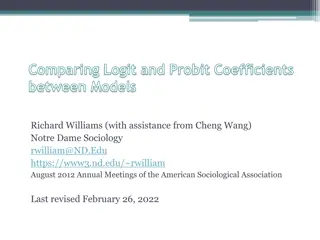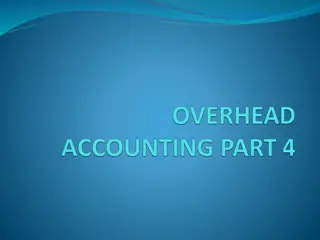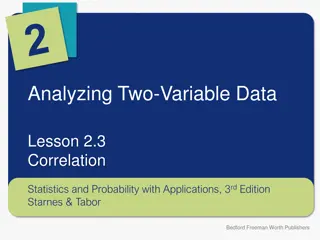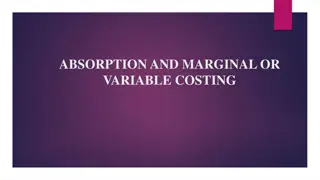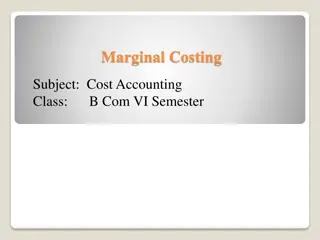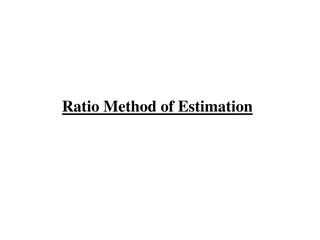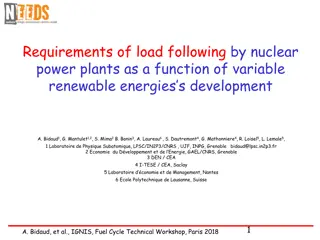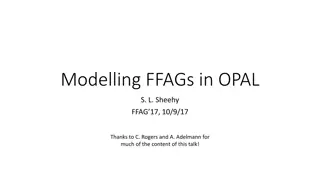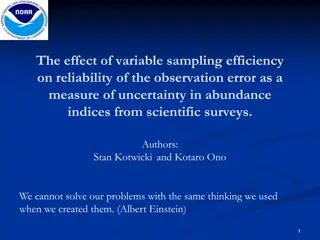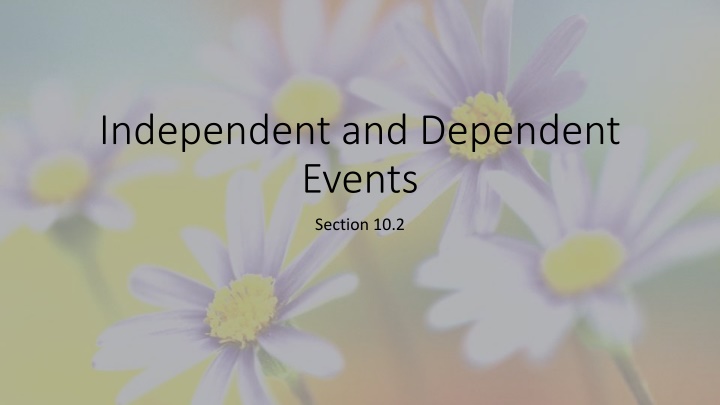
Independent and Dependent Events
Explore the concepts of independent and dependent events in probability, learning to determine if events are independent, calculating probabilities, and understanding conditional probabilities. Examples and explanations included to enhance understanding.
Download Presentation

Please find below an Image/Link to download the presentation.
The content on the website is provided AS IS for your information and personal use only. It may not be sold, licensed, or shared on other websites without obtaining consent from the author. If you encounter any issues during the download, it is possible that the publisher has removed the file from their server.
You are allowed to download the files provided on this website for personal or commercial use, subject to the condition that they are used lawfully. All files are the property of their respective owners.
The content on the website is provided AS IS for your information and personal use only. It may not be sold, licensed, or shared on other websites without obtaining consent from the author.
E N D
Presentation Transcript
Independent and Dependent Events Section 10.2
What You Will Learn Determine whether events are independent events. Find probabilities of independent and dependent events. Find conditional probabilities.
Identifying Independent and Dependent Events Two events are independent events when the occurrence of one event does not affect the occurrence of the other event. Two events are dependent events when the occurrence of one event does affect the occurrence of the other event.
Determining Whether Events Are Independent Two events are independent events when the occurrence of one event does not affect the occurrence of the other event( Take Note).
Conditional Probability The probability that event B occurs given that event A has occurred is called the conditional probability of B given A and is written as P(B A).
As part of a board game, you need to spin the spinner, which is divided into equal parts. Find the probability that you get a 5 on your first spin and a number greater than 3 on your second spin.
A bag contains twenty $1 bills and five $100 bills. You randomly draw a bill from the bag, set it aside, and then randomly draw another bill from the bag. Find the probability that both events A and B will occur. Event A: The first bill is $100. Event B: The second bill is $100.


